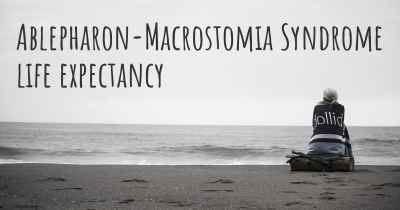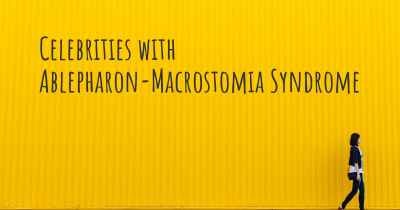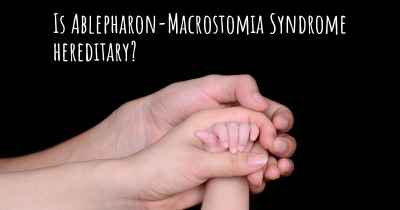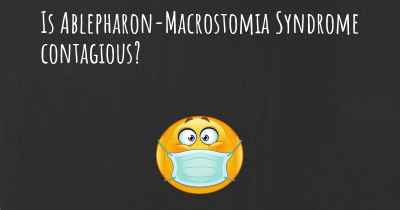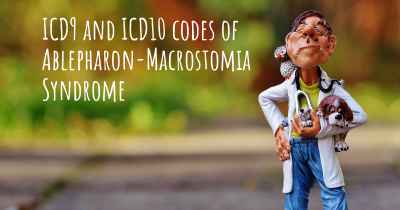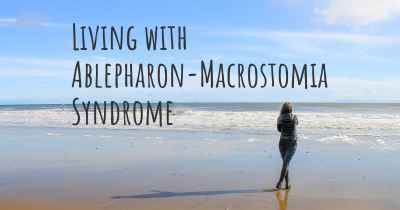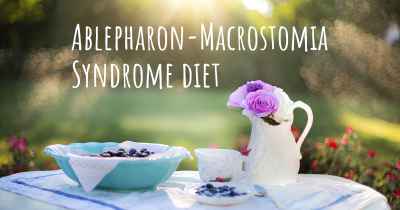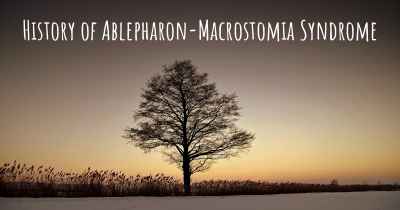Is there any natural treatment for Ablepharon-Macrostomia Syndrome?
Are there natural treatment(s) that may improve the quality of life of people with Ablepharon-Macrostomia Syndrome? Here you can see if there is any natural remedy and/or treatment that can help people with Ablepharon-Macrostomia Syndrome

Ablepharon-Macrostomia Syndrome (AMS) is a rare genetic disorder characterized by the absence or underdevelopment of eyelids (ablepharon) and a wide mouth (macrostomia). It is a congenital condition that affects the development of facial features. While there is no known cure for AMS, there are natural treatment options that can help manage the symptoms and improve the quality of life for individuals with this syndrome.
1. Regular Eye Care
Regular eye care is crucial for individuals with AMS to ensure the health and well-being of their eyes. Since the eyelids may be absent or underdeveloped, it is important to protect the eyes from potential damage and dryness. Lubricating eye drops or ointments can help keep the eyes moist and prevent discomfort. Regular visits to an ophthalmologist are recommended to monitor eye health and address any issues that may arise.
2. Facial Massage and Exercises
Facial massage and exercises can be beneficial for individuals with AMS to improve muscle tone and stimulate blood circulation in the facial area. Gently massaging the face using circular motions can help promote relaxation and enhance muscle development. Additionally, specific facial exercises, such as stretching the mouth and eyelid area, may help improve mobility and functionality.
3. Nutritional Support
Nutritional support plays a vital role in overall health and well-being. A well-balanced diet rich in essential nutrients can help support the body's natural healing processes. Including foods that are high in vitamins A, C, and E, as well as omega-3 fatty acids, can be beneficial for skin health and promote tissue repair. It is advisable to consult with a healthcare professional or a registered dietitian to develop an appropriate dietary plan.
4. Emotional and Psychological Support
Living with a rare genetic disorder like AMS can be challenging, both physically and emotionally. Providing emotional and psychological support is essential for individuals with AMS and their families. Connecting with support groups or organizations that specialize in rare genetic disorders can offer a sense of community and provide valuable resources. Additionally, seeking counseling or therapy can help individuals cope with any emotional or psychological difficulties they may face.
5. Adaptive Devices and Assistive Technology
Adaptive devices and assistive technology can greatly enhance the daily lives of individuals with AMS. Eyeglasses or contact lenses can help improve vision, while specialized prosthetic eyelids or eyelid weights can provide protection and improve aesthetics. Assistive technology, such as speech-to-text software or communication devices, can assist individuals with speech difficulties in expressing themselves effectively.
While these natural treatment options can help manage the symptoms of Ablepharon-Macrostomia Syndrome, it is important to note that they may not completely eliminate the challenges associated with the condition. It is advisable to consult with healthcare professionals, including geneticists, ophthalmologists, and other specialists, to develop a comprehensive treatment plan tailored to the individual's specific needs.
